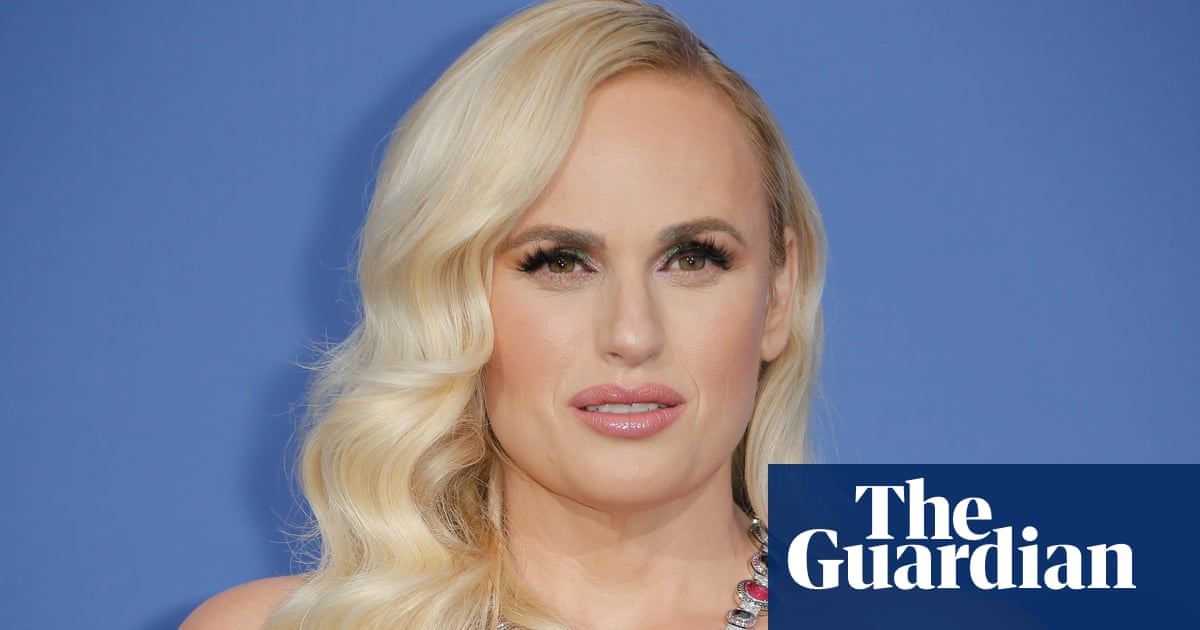The legal drama surrounding The Deb, Rebel Wilson’s directorial debut, has made landfall in Australia, with one of the production companies behind the venture filing a lawsuit against Wilson in the New South Wales supreme court this week.
UK-based AI Film, represented by Australian legal firm Giles George and high-profile barrister Sue Chrysanthou SC, accused the Pitch Perfect Australian actor of deliberately sabotaging the film’s release, alleging threats and defamatory claims had caused the production company financial and reputational damage.
The suit also claims the motive behind Wilson’s actions was to devalue the production’s worth and pressure AI Film and Australian company Dunburn Debutantes Commissioning Company (DDCC – the entity managing the film’s rights and named as the second plaintiff in the lawsuit) into selling their stake to Wilson’s company Camp Sugar.
Originally conceived as a quirky musical comedy celebrating Australian culture, The Deb was co-produced by AI Film and Camp Sugar, with Wilson directing and starring. But the partnership fractured in mid-2024 when Wilson took to Instagram to accuse fellow producers Amanda Ghost, Gregor Cameron and Vince Holden of alleged embezzlement, sexual misconduct and obstructing the film’s release.
The allegations, broadcast to Wilson’s 11 million followers, were swiftly denied by the producers who began defamation proceedings against Wilson in the Los Angeles superior court last July.
In November, the film’s lead actor, Charlotte MacInnes, who Wilson claimed was the victim of the alleged sexual misconduct, filed a declaration in the US court stating that Wilson fabricated the claims, describing them as “completely false and absurd”.
The court subsequently threw out Wilson’s bid to strike out the defamation suit, not accepting her lawyer’s argument that under California’s anti-Slapp laws, the accusations she had made against the producers of her The Deb constituted “protected activity” and were a matter of public interest.
That defamation case remains ongoing.
After filing its lawsuit in the supreme court’s equities division on Thursday, AI Film issued the following statement: “These proceedings are regrettable but essential to ensure The Deb’s timely release. It’s a joyous, fun film, and we are sure that audiences are going to love it.”
And MacInnes issued a second statement, saying: “I love this film and I can’t wait for it to be released … it would be wonderful if these proceedings can help make that happen.”
Wilson’s Californian legal team, Freedman Taitelman + Cooley, which is handling the defamation case, did not respond to the Guardian’s request for comment.
In its lawsuit filed this week, Giles George claims that on 5 January, Wilson’s lawyer Bryan Freedman responded to correspondence by AI Film’s legal team, saying that “Wilson is currently in active discussions to outright purchase The Deb (the “Film”) and all associated rights and title”.
The Freedman letter also threatened to “pursue all claims and damages should Al Film or any agents acting on its behalf interfere with that business opportunity”.
AI Film is alleging that Wilson’s motivation behind her alleged undermining of distribution efforts, including making threats to seek an injunction against the film’s release, was personal financial gain.
AI Film’s lawyers claim that on 6 June 2025, Wilson had a discussion with film distributor Kismet, who was bidding to secure the rights for the theatrical release of The Deb in Australia, during which she said words to the effect that she was supportive of Kismet as the Australian distributor of the film but while there was a legal case involving the film in the US she could not support the film’s distribution and would seek an injunction if any attempts to distribute the film were made.
Giles George alleges Wilson knew the legal proceedings in the US were not impeding the film’s release, and knew the threat of injunction was against her and her company, Camp Sugar’s, contractual obligations. But as evidence in Byran Freedman’s correspondent to them in January, Wilson was delaying the film’s release so that she could pursue the “business opportunity” of buying all rights to the film outright.
AI Film is seeking damages, a formal apology, corrective advertising and a permanent restraint on Wilson and her company making any further disparaging and incorrect claims relating to other companies and individuals involved in the making of The Deb, which have come to been know in legal circles as “The Wilson Statements”.
Quick Guide
Contact us about this story
Show
The best public interest journalism relies on first-hand accounts from people in the know.
If you have something to share on this subject you can contact us confidentially using the following methods.
Secure Messaging in the Guardian app
The Guardian app has a tool to send tips about stories. Messages are end to end encrypted and concealed within the routine activity that every Guardian mobile app performs. This prevents an observer from knowing that you are communicating with us at all, let alone what is being said.
If you don’t already have the Guardian app, download it (iOS/Android) and go to the menu. Select ‘Secure Messaging’.
SecureDrop, instant messengers, email, telephone and post
See our guide at theguardian.com/tips for alternative methods and the pros and cons of each.
